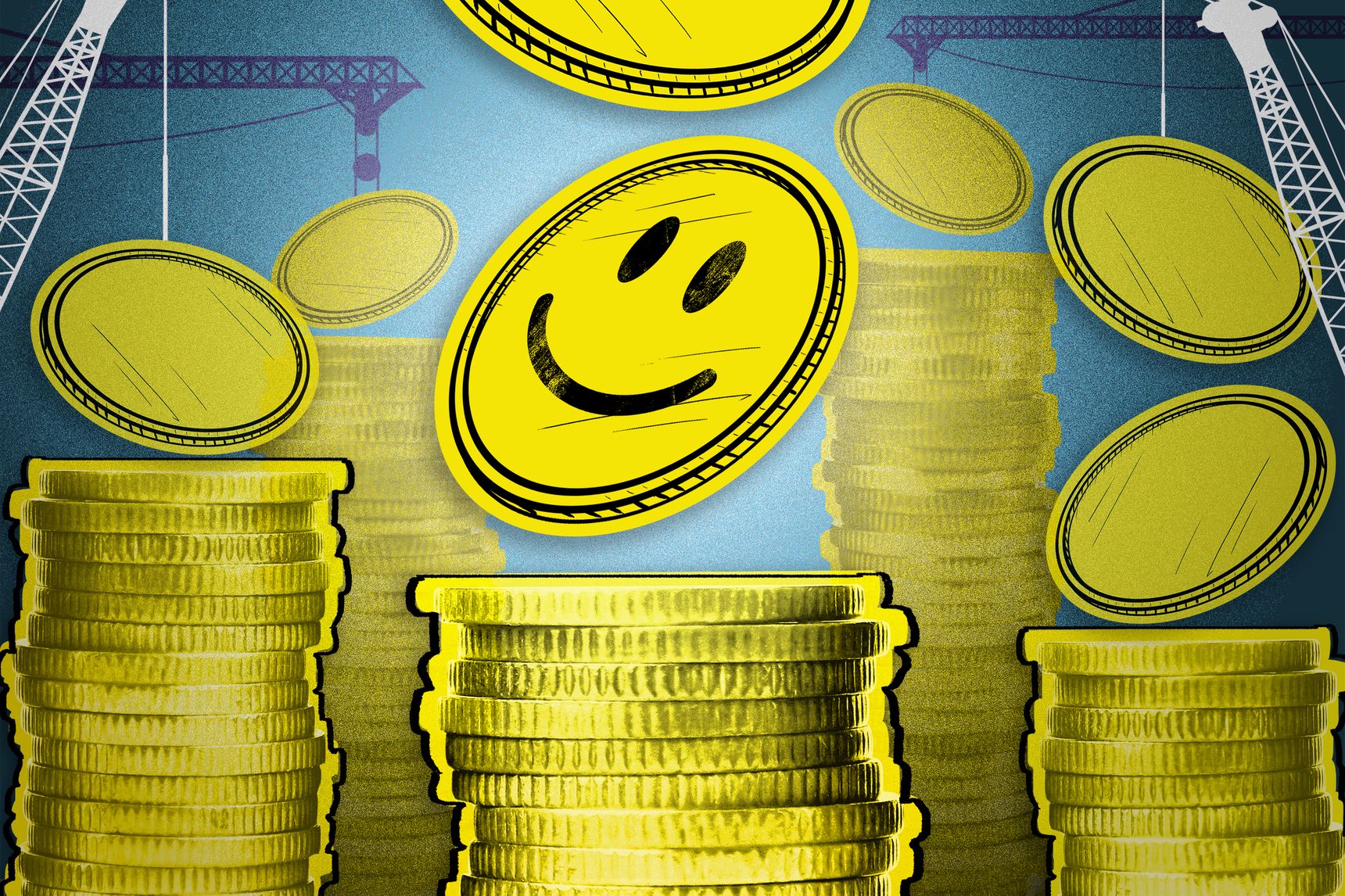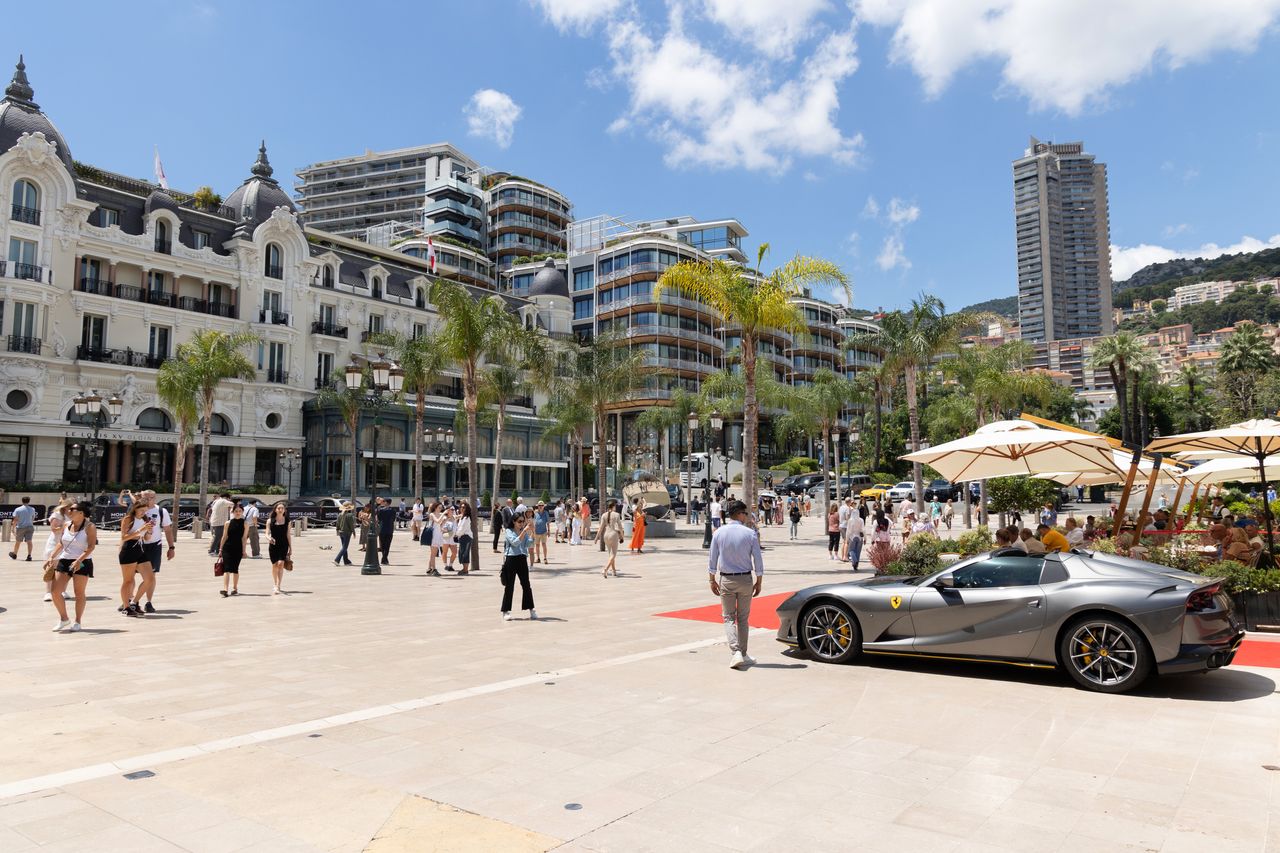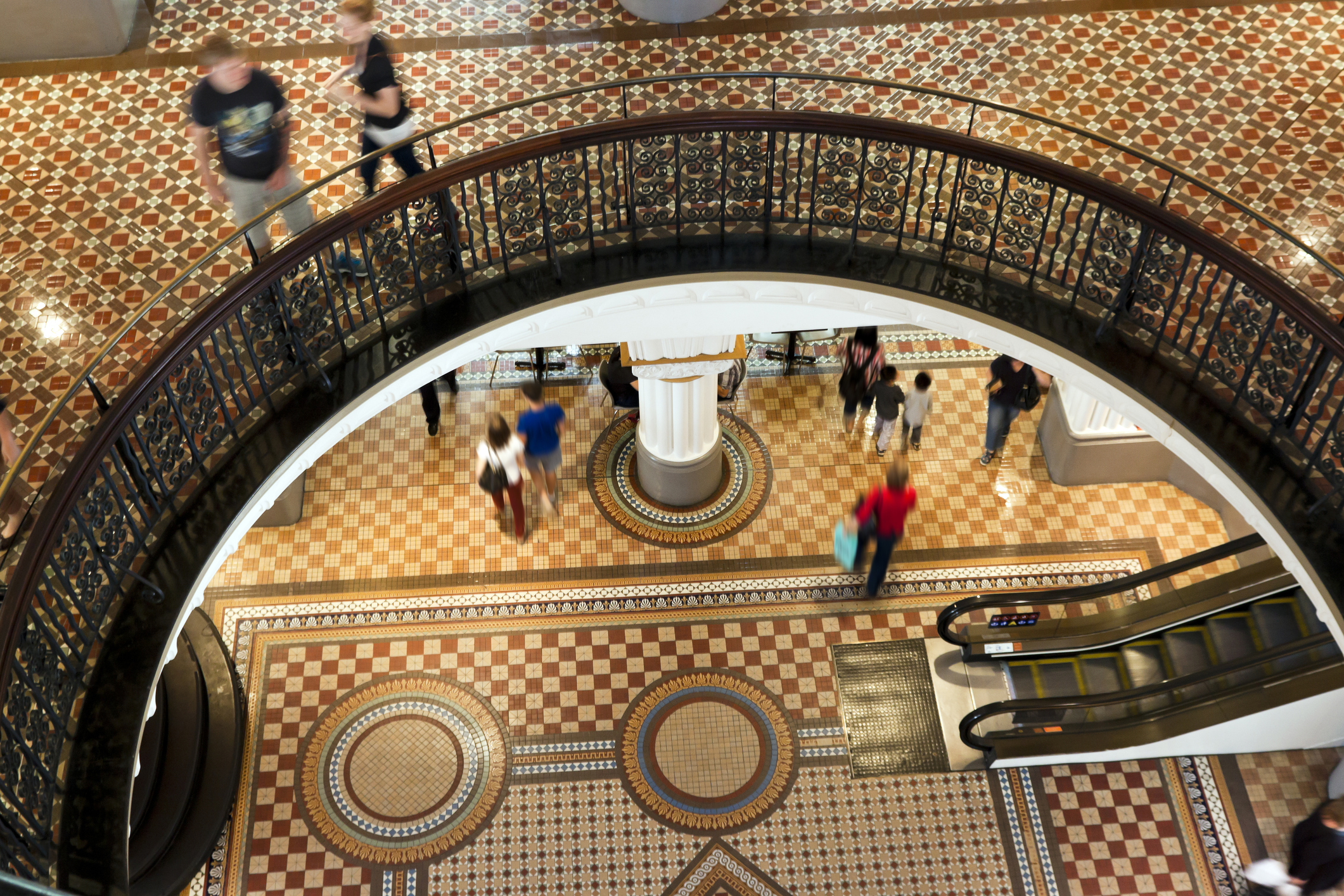Consider This Your Permission to Spend More Money in 2022
Inflation and other factors likely mean you’ll spend more in 2022. Here’s why that’s OK.
Here’s a prescription for money happiness in 2022: Accept the fact that you’ll likely spend more money than you did in 2021.
With inflation driving up the cost of food, rent and more, pressures are mounting on our wallets, so expecting your spending to stay in line with the past year is both unrealistic and a recipe for feeling guilt and self-recrimination. The key, financial planners and researchers say, is thinking ahead about where that extra spending will happen and quieting the voice in your head comparing your expenses from one year to the next.
“What’s going on right now that is so crazy is that no one even has an idea of what the baseline should be. The past may or may not be relevant to the future,” said Abigail Sussman, associate professor of marketing at the University of Chicago who studies how consumers make judgments.
Financial experts advise that future budgets allot more to needs, such as higher rent, as well as wants, such as travel. Here are some ways to do just that.
Keep on Saving
You may have saved a lot of money in the past year, thanks to a strong labor market, rising wages and record-high savings rates. You can save more in 2022.
Adding more to your existing savings can calm a lot of fears people may have about spending more money in other expense categories, said Sarah Behr, financial planner and founder of Simplify Financial in San Francisco. As you’re watching that savings account grow, you can relax knowing that should catastrophe strike, you have a cushion.
Check in on your savings progress from the previous year. Are you happy with the amount you set aside? Do you want to increase your savings rate or maintain the current one? Even as you expand your budget, save first before spending on other things. You can set up regularly scheduled withdrawals to automate the process and eliminate stressful decisions.
Stop Thinking in Dollars
Having frugal habits helps ward off lifestyle creep. Yet you may be hanging on to outdated ideas about how many dollars to spend in different areas of life. The past two years may have reduced your spending on travel, going out and entertainment, but those circumstances aren’t permanent.
Spending more money than you have previously can lead to feelings of shame or embarrassment, Ms. Behr said. She’s previously talked to clients who have moved up from meagre means and struggled to adjust to the new latitude more money affords them.
“I’m the one saying, ‘Whoa, whoa, whoa, you can afford to go out to eat, you can afford a new car, you don’t have to drive your 2015 Prius,’” Ms. Behr said. “[Clients] are saving, and they’re squirrelling away, but there’s no change in perspective.”
Malik Lee, a managing principal and adviser at Felton & Peel Wealth Management Inc., recommends looking at budgets in terms of percentages of your overall income, rather than dollar amounts.
He points to the 20-30-50 model, a tenet of personal finance that encourages putting at least 20% of your take-home pay into savings; allotting 30% for “wants” like travel and socializing; and designating the final 50% to fixed expenses such as housing and bills.
“Thinking in percentages of income makes this a lot easier, and it makes it flexible,” Mr. Lee said. “As you’re increasing your income, that will ensure that your savings will increase with that, and the other ‘good’ categories will increase, too.”
Pick Your Splurges
Most of us have practice downsizing budgets and cutting expenses. Fewer of us have spent time planning what we’ll spend more on, especially in terms of luxuries like travel or entertainment, what Ms. Sussman refers to as “pre-committing to indulgence.”
This doesn’t mean splashing out on everything, but thinking carefully about the spending that will have the most positive impact, such as setting aside money for a long-awaited vacation.
Instead, consider the spending that brings you the most satisfaction, such as vacations, home-fitness equipment or some other priority. Allotting more money to items like those can make your budget feel rewarding, Ms. Sussman said, so that when you’re making trade-offs in other areas of your life—like cutting back on going-out expenses to put more toward your new, bigger apartment—it feels less like a loss and more like a pivot.
Allot money to those savings goals—“I’ll spend more on travel in 2022” or “I want to save for a bigger apartment”—by creating a separate bucket for these funds. Name it something fun in your preferred budgeting app or spreadsheet. This way, as you’re watching the money grow in the account, you can sprinkle some extra anticipation on the future fulfilment.
Last, a Piece of Advice
Whichever budget works best for you, Ms. Behr warns against measuring your own spending or saving against peers’.
“A lot of people ask me, ‘Do we spend too much money?’ or ‘How much do other people spend?’” she said. Worrying about spending is natural, but comparing the size of your savings with others is often unproductive, she added. “It’s like that old saying: ‘Comparison is the thief of joy.’”
Reprinted by permission of The Wall Street Journal, Copyright 2021 Dow Jones & Company. Inc. All Rights Reserved Worldwide. Original date of publication: December 30, 2021.
This stylish family home combines a classic palette and finishes with a flexible floorplan
Just 55 minutes from Sydney, make this your creative getaway located in the majestic Hawkesbury region.
Continued stagflation and cost of living pressures are causing couples to think twice about starting a family, new data has revealed, with long term impacts expected
Australia is in the midst of a ‘baby recession’ with preliminary estimates showing the number of births in 2023 fell by more than four percent to the lowest level since 2006, according to KPMG. The consultancy firm says this reflects the impact of cost-of-living pressures on the feasibility of younger Australians starting a family.
KPMG estimates that 289,100 babies were born in 2023. This compares to 300,684 babies in 2022 and 309,996 in 2021, according to the Australian Bureau of Statistics (ABS). KPMG urban economist Terry Rawnsley said weak economic growth often leads to a reduced number of births. In 2023, ABS data shows gross domestic product (GDP) fell to 1.5 percent. Despite the population growing by 2.5 percent in 2023, GDP on a per capita basis went into negative territory, down one percent over the 12 months.
“Birth rates provide insight into long-term population growth as well as the current confidence of Australian families,” said Mr Rawnsley. “We haven’t seen such a sharp drop in births in Australia since the period of economic stagflation in the 1970s, which coincided with the initial widespread adoption of the contraceptive pill.”
Mr Rawnsley said many Australian couples delayed starting a family while the pandemic played out in 2020. The number of births fell from 305,832 in 2019 to 294,369 in 2020. Then in 2021, strong employment and vast amounts of stimulus money, along with high household savings due to lockdowns, gave couples better financial means to have a baby. This led to a rebound in births.
However, the re-opening of the global economy in 2022 led to soaring inflation. By the start of 2023, the Australian consumer price index (CPI) had risen to its highest level since 1990 at 7.8 percent per annum. By that stage, the Reserve Bank had already commenced an aggressive rate-hiking strategy to fight inflation and had raised the cash rate every month between May and December 2022.
Five more rate hikes during 2023 put further pressure on couples with mortgages and put the brakes on family formation. “This combination of the pandemic and rapid economic changes explains the spike and subsequent sharp decline in birth rates we have observed over the past four years,” Mr Rawnsley said.
The impact of high costs of living on couples’ decision to have a baby is highlighted in births data for the capital cities. KPMG estimates there were 60,860 births in Sydney in 2023, down 8.6 percent from 2019. There were 56,270 births in Melbourne, down 7.3 percent. In Perth, there were 25,020 births, down 6 percent, while in Brisbane there were 30,250 births, down 4.3 percent. Canberra was the only capital city where there was no fall in the number of births in 2023 compared to 2019.
“CPI growth in Canberra has been slightly subdued compared to that in other major cities, and the economic outlook has remained strong,” Mr Rawnsley said. “This means families have not been hurting as much as those in other capital cities, and in turn, we’ve seen a stabilisation of births in the ACT.”
This stylish family home combines a classic palette and finishes with a flexible floorplan
Just 55 minutes from Sydney, make this your creative getaway located in the majestic Hawkesbury region.


















